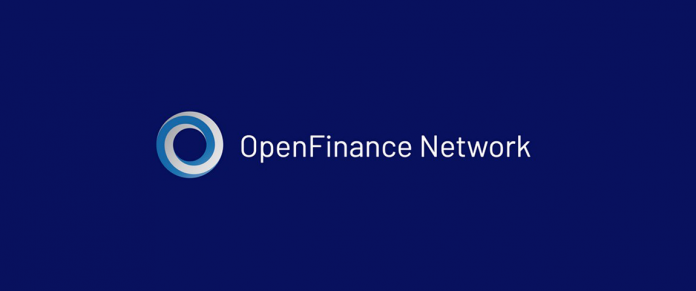
Exchanges are a key factor in the success of the cryptocurrency industry. These platforms provide a streamlined way for investors to purchase and trade digital assets.
There are thousands of different currencies in existence, with more coming every single day. We rely on exchanges to vet these projects and ensure that each listed coin has a valuable use case, a reliable team, and is actually real.
The OpenFinance Network (OFN) is one such platform. Established in 2014, OFN utilized blockchain technology to build the first-ever U.S. regulated security token trading platform. This exchange works with millions of investors involved in the alternative assets market, and represents a safe space for customers to get involved with security offerings.
Unhashed was provided the opportunity to interview the CEO of the OpenFinance Network, Juan Hernandez. Here, we asked about acceptance policies, regulation, and the alternative asset market as a whole.
Unhashed: Security tokens make up a majority of ICOs. With such a large amount of projects, how does Open Finance Network make the final listing decision?
Juan Hernandez: We are open to all types of projects to list on OFN. Our ATS is setup to list Reg D, Reg S, Reg A+, Reg CF, and REITS. We want to list all types of private placements, which raised $1.65 trillion in 2017. From real estate to venture funds, we are open to working with all types of projects. We make sure the fundraising was done correctly.
UH: While regulation is important to a degree, it also stands against the original intentions of blockchain and cryptocurrency: a decentralized space with no third-party involvement. What are your thoughts on the upcoming SEC regulation and how do you think it will affect the future market for crypto?
JH: This is somewhat true in its current form. We think that eventually regulation just becomes a codified implementation that you don’t need to worry about, since it is automatically accounted for. A complete lack of regulation leads to incredible amounts of fraud and bad actors. The rules we use are meant to protect investors. While they are far from perfect today, we are looking forward to helping evolve them into something fitting with technology today.
UH: To add to this, how is the lack of SEC ruling affecting crypto adoption in the rest of the world? Do you think we’ll see a massive change in other countries’ approach to cryptocurrencies based on America’s decision?
JH: It will mostly affect illegal ICOs that violate securities laws. There is definitely room for permissionless true decentralized systems, but when you sell a utility token with no accountability, you are breaking laws, and it actually hurts crypto in the process.
UH: As a decentralized exchange, what sort of issues has Open Finance needed to overcome that a traditional exchange wouldn’t have had?
JH: As a bit of a hybrid platform, we take the advantages of self-custody, such as increased security, user sovereignty, and p2p settlement, and combine it with an off chain matching engine, for increased throughput and immediate matching.
UH: What pulled you to launch a decentralized exchange? Because the market is still emerging, it’s a riskier venture than a traditional exchange would have been.
JH: We wanted to give users the control over their funds. Since with security tokens, there is a lot of overhead holding tokens on a centralized platform. So to put capital to better use, we went with self-custody. We are not entirely decentralized though, and we think this is attractive to all types of users.
UH: Where do you see the state of cryptocurrency adoption in three years?
JH: It is a long road to full adoption, but within the next three years security tokens will see a massive interest from large institutional players. Since they are regulated and can represent assets their companies may already own, they are more attractive and easier to get comfortable with than cryptocurrencies. However, once they are already interacting with security tokens on-chain, they will start to move more and more money into currencies such as ETH and BTC.
UH: You have a long history in traditional finance markets. What aspects from that market have carried over into alternative assets?
JH: We have been working in Alternative assets since 2014. Security tokens are pretty much all alternative assets. So the assets are the same, but it has become much more efficient to transfer these, thus bringing the cost of doing business way down. In the traditional world, it would sometimes take eight weeks to move from seller to buyer. Our first trade took 80 seconds, end to end.
UH: What surprised you the most when entering the emerging market? Did your past experience make it a natural transition or did you have to start from scratch?
JH: We saw blockchain and security tokens specifically as the perfect answer to the problem we had been facing for years. It became very clear very early that this was a clear-cut use case and great application for a problem we were facing for a while. We are very excited to see how easily this tech could solve issues that have been plaguing the industry for decades.
The post Interview: OpenFinance Network CEO Juan Hernandez Discusses SEC Regulation, Security Tokens, and Crypto Adoption appeared first on UNHASHED.

Unhashed.com is author of this content, TheBitcoinNews.com is is not responsible for the content of external sites.
Our Social Networks: Facebook Instagram Pinterest Reddit Telegram Twitter Youtube










